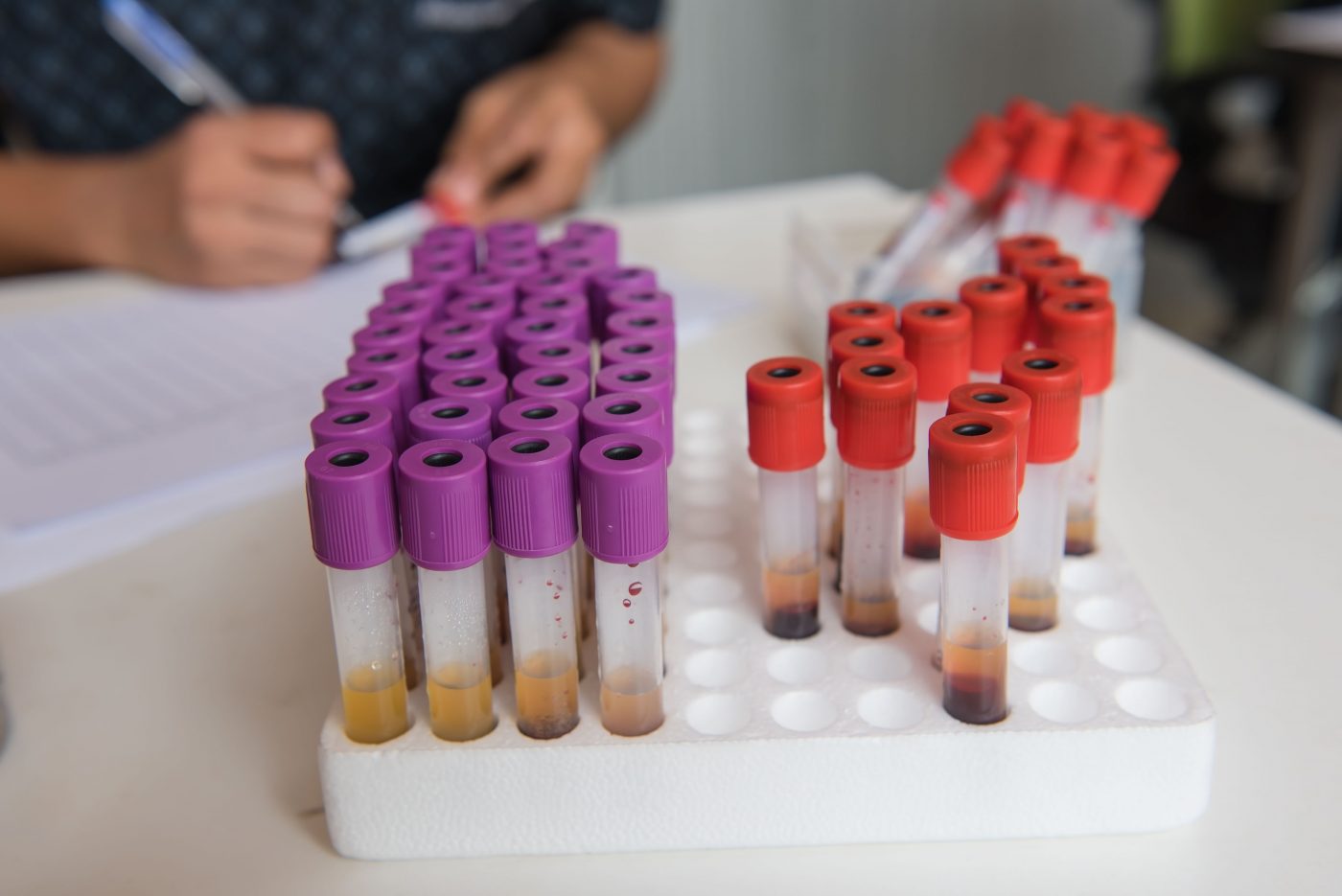Pitt Study Testing COVID-19 Vaccines in Autoimmune Diseases

oatautta/Shutterstock
A new study being conducted at the University of Pittsburgh is testing the safety and effectiveness of COVID-19 vaccines in people with scleroderma and other autoimmune diseases.
The CoVER study seeks to enroll adults, 18 or older, who have rheumatoid arthritis, Sjogren’s syndrome, myositis, or scleroderma, and who have already received a COVID-19 vaccine or are willing to do so. Anyone wanting to enroll or get more information can send an email to [email protected].
While the efficacy and safety of several vaccines for COVID-19 have been demonstrated in clinical trials, these trials generally did not include people with underlying autoimmune diseases — conditions in which the body’s immune system erroneously launches an attack on healthy tissue. As such, questions remain about whether these vaccines will be effective for people with autoimmune conditions, and whether there are any safety issues in this population.
“There is little information regarding the COVID-19 vaccine’s effectiveness and overall safety for patients with autoimmune diseases,” Robyn Domsic, MD, the CoVER study’s co-principal investigator, said in a press release.
Participants in the upcoming study will be asked to provide three to four blood samples, which researchers will use to test for the presence of neutralizing antibodies — proteins made by the immune system that are able to bind to the SARS-CoV-2 virus that causes COVID-19.
By sticking to the parts of the virus that are usually used to attach to cells, neutralizing antibodies can stop viruses from infecting cells. Prompting the immune system to make neutralizing antibodies is a key goal of vaccines for COVID-19 and other diseases.
“We want to understand whether these patients [with autoimmune diseases] produce the same level of neutralizing antibodies, whether there is a difference in vaccine tolerability or side effects and whether the vaccines can cause flare ups in these patients’ conditions,” said Domsic, a rheumatologist at the University of Pittsburgh Medical Center and clinical director of the Scleroderma Center at the University of Pittsburgh School of Medicine.
In addition to blood samples, participants in the CoVER study will be asked to answer periodic online questionnaires about medications and changes in disease symptoms over the course of a year.







